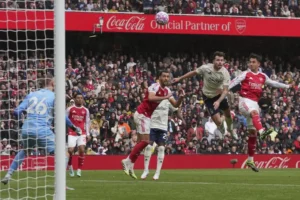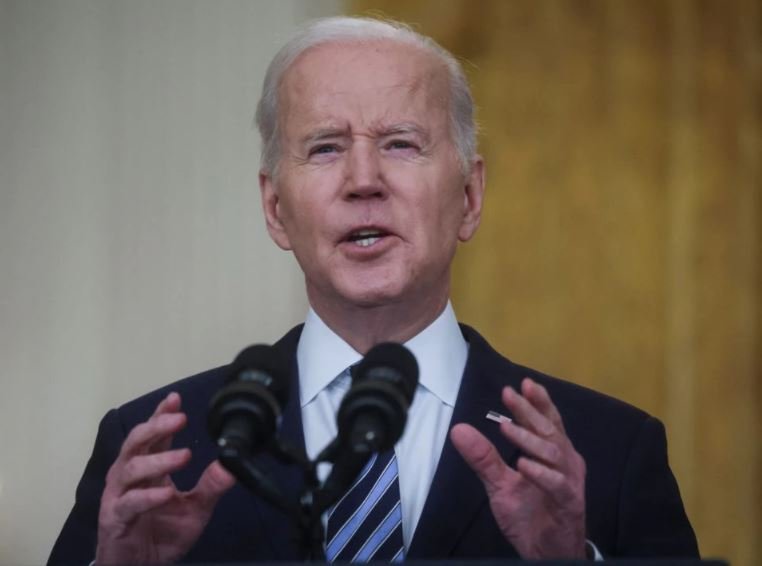The United States has expanded its sanctions against Russia, including a new crackdown on banks working with sanctioned entities.
It expands on a December initiative to target foreign banks believed to be supporting Russia’s war effort in Ukraine.
The United States also imposed sanctions on the Moscow stock exchange, forcing it to cease trade in dollars and euros.
It also attempted to restrict Russia’s use of technology, such as chips and software.
In December, US President Joe Biden issued an executive order imposing sanctions on banks that do business with over 1,200 individuals and organisations suspected of aiding Russia’s war effort.
These restrictions, which put banks at risk of being cut off from the US financial system, have now been extended to around 4,500 companies.
The US would also focus on gold laundering. According to Peter Harrell, a former White House senior director for international economics, the US “is shifting towards something that begins to look like an effort to set up a global financial embargo on Russia.”.
As part of this endeavour, the US Treasury said that it would impose sanctions on portions of Russia’s financial system, including the Moscow Exchange, one of the country’s major stock exchanges.
The stock exchange, Russia’s largest foreign exchange market, stated that sanctions had forced it to suspend trading in dollars and euros.
The United States also concentrated on technology. Chips and other US-made technology have been detected in fallen Russian equipment on Ukrainian battlefields, including drones, radios, missiles, and armoured vehicles.
The sanctions are intended to make it more difficult for corporations to supply that technology.
The US will pursue shell companies in Hong Kong that sell chips to Russia. In addition, software and IT services would be prohibited, while the US has stated that its actions “are not intended to disrupt civil society and civil telecommunications.”
Despite the avalanche of sanctions imposed on Russia since its full-scale invasion of Ukraine in February 2022, the International Monetary Fund forecasts 3.2% economic growth this year.
However, economists believe that the sanctions would gradually make it more difficult for Moscow to wage war, weakening Russia’s economy in the long run.
“Russia’s war economy is deeply isolated from the international financial system, leaving the Kremlin’s military desperate for access to the outside world,” said Treasury Secretary Janet Yellen.
“Today’s actions strike at their remaining avenues for international materials and equipment, including their reliance on critical supplies from third countries,” she added.










